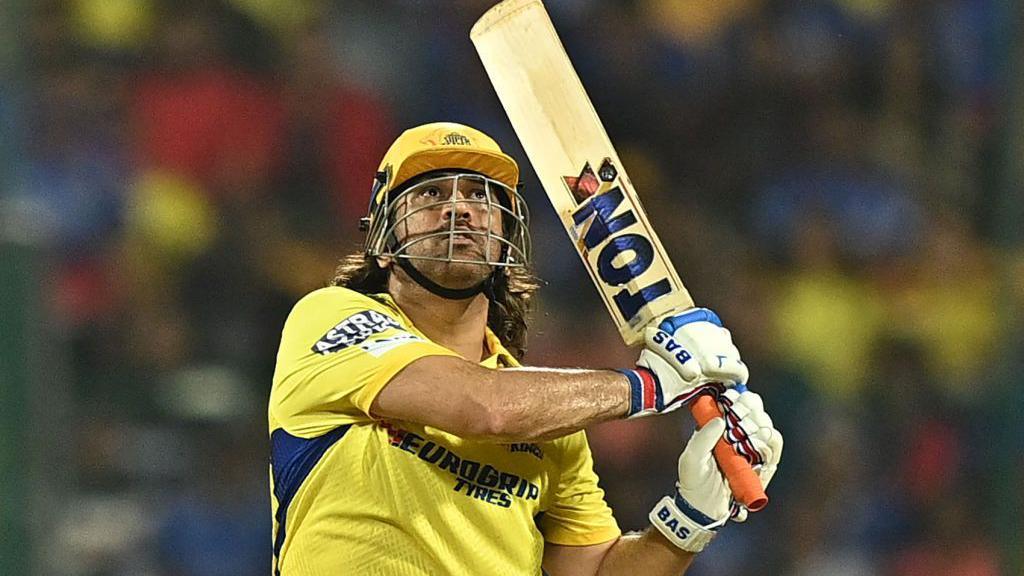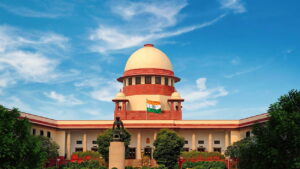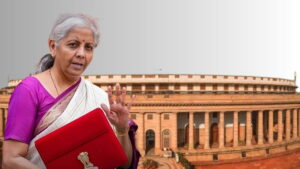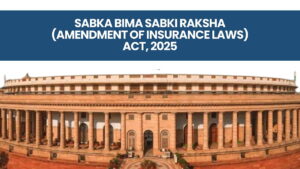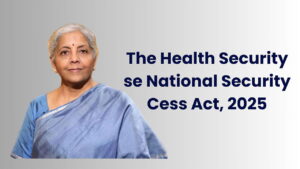Few names in Indian cricket evoke the kind of composure, consistency, and cult following that Mahendra Singh Dhoni does. Revered globally for his calmness under pressure, M.S. Dhoni earned the nickname “Captain Cool” during his stellar captaincy of the Indian cricket team. Now, with the mark “Captain Cool” published in the Trademarks Journal and an opposition filed against it, a key question arises: Does this phrase deserve trademark protection in his name? The answer, in both principle and precedent, is a resounding yes.
Dhoni has claimed priority use of the term since 2008, a period coinciding with his rise as a national sporting icon and India’s World Cup triumph in 2011. The assertion is further backed by his published biography titled “Captain Cool: The M.S. Dhoni Story”. From press coverage to sports commentary, merchandise to marketing campaigns, “Captain Cool” has become inextricably linked to Dhoni’s public persona. In trademark law, this level of consistent and identifiable usage establishes distinctiveness through secondary meaning—a key requirement for securing trademark rights.
The purpose of trademark protection is to prevent consumer confusion and protect the commercial identity of brands and individuals. Given Dhoni’s association with “Captain Cool” is exclusive in the public consciousness, allowing another party to exploit that phrase would not only lead to identity dilution but could also amount to misappropriation of personality rights, which courts have increasingly recognised in favour of celebrities.
Importantly, Dhoni’s application for trademark registration stands on the shoulders of prior celebrity trademarks that have been granted protection under Indian law. For instance, Sushant Singh Rajput, the late Bollywood actor, successfully registered trademarks like “Geniuses and the Dropout”, “SSR”, and “Till I Get It Right”, reflecting his unique identity and aspirations. These registrations were granted because the phrases had acquired distinctiveness, and were intimately tied to the individual and his public image. The same principle must apply to “Captain Cool” – a name, title, or phrase that uniquely identifies Dhoni’s individuality in the public domain which deserves protection from unauthorised commercial exploitation by unrelated parties.
In conclusion, “Captain Cool” is not just a flattering nickname it is a part of Dhoni’s brand legacy. Given the overwhelming public association and documented prior use, the registration of the trademark in Dhoni’s name is both legally justified and commercially reasonable. Any opposition to this claim lacks merit in the face of established precedent and the undeniable strength of Dhoni’s public identity.

